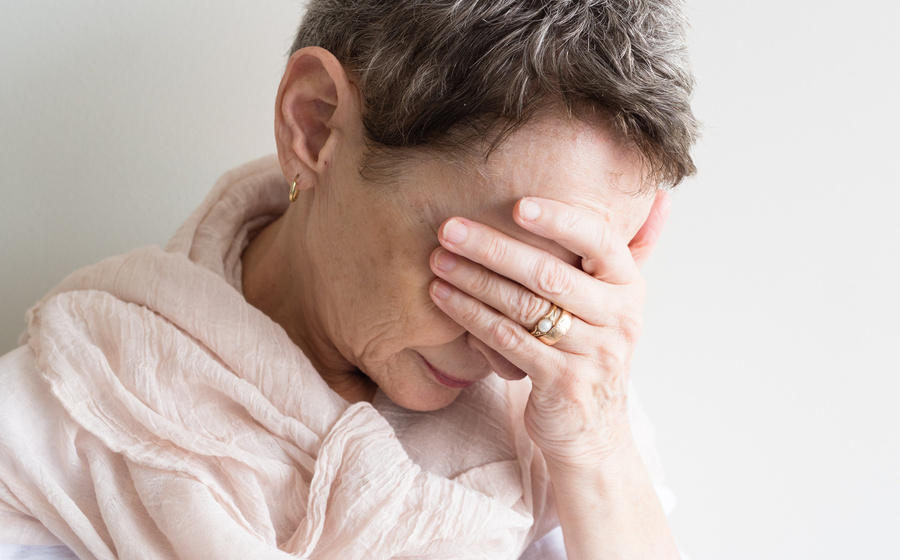Have you ever felt like your loved ones were being overly anxious but you weren’t quite sure if it was serious enough to be a disorder? Experiencing anxiety during stressful situations is normal. A feeling of anxiety is a warning sign that something is wrong and protects us against danger. The issue becomes more serious when anxiety arises frequently, is out of proportion to stressors, and interferes with an older adult’s experience and quality of life, causing a serious disorder that should be treated carefully. The symptoms are not that obvious if it is your first time encountering them. The truth is they develop gradually. Read on to find out about the symptoms and how to treat anxiety in the elderly.
Behavioral Symptoms
If you notice a change in attitude with your loved ones, you can always say there is something wrong, but you cannot just rule out that it is attributed to anxiety. When it comes to this condition, behavioral changes include the urge to perform certain things in an attempt to get rid of the problem. They may also be avoiding eye contact, or have difficulty coming up with decisions they find easy in the past.
Emotional Symptoms
Do your loved ones fear certain objects, events, and situations more now than they did in the past? Do they feel overwhelmed easily? All these are emotional symptoms attributed to anxiety. They will even fear an undiagnosed medical condition and feel constantly nervous for no reason at all. They may be panicking many times too.
Mental-Related Symptoms
“I am going to die tomorrow”; “I don’t want to go out because people are judging me”; “I can’t control myself”; ” I think I am going crazy”. If you often hear these things from your loved ones, together with anything that impacts their mental state, then they may be going through an anxiety stage that needs to be dealt with right away.
Physical Symptoms
Aside from the above-mentioned symptoms, your loved ones may suddenly show an abrupt increase in heart rate, have difficulty sleeping, are sweating at times, are feeling dizzy, and are having hot or cold flushes. These are all associated with the possibility that they are in a stage of anxiety. The same goes if they are vomiting, and feel numbness or tingling.
Treatment for Anxiety in The Elderly
Knowing the symptoms is just the first step to treating anxiety in the elderly. In line with this, you must understand what triggers such symptoms so that you can help them cope with them. When they seem to be out of control, you should seek assistance right away.
Therapy can include stress reduction, medication, coping skills, and social support like family or other communities. Taking medicine will not cure anxiety but can keep the symptoms under control while the elderly go through other therapies. Medications are prescribed by doctors working together with counselors social workers, or psychologists. The main medicines for anxiety are anti-anxiety drugs, antidepressants, and beta-blockers. These work to control the physical signs of anxiety.
For those living in a senior living community, there is a social support network for your loved ones. Caregivers and team members will be there for them when they need it. Check that there are events that they can engage in as well. Making lifestyle changes like getting involved in physical activities, and getting enough sleep, are important to get rid of stressful situations.







